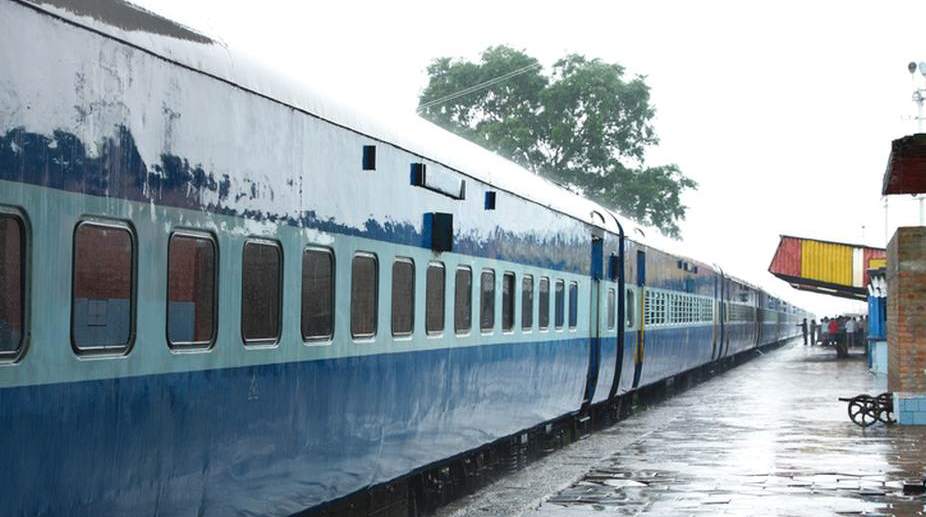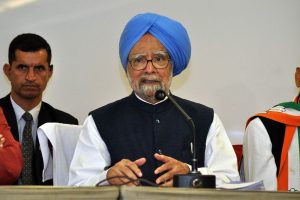One outcome of the scrapping of a separate budget for the railways is that the importance of the “railway debate” in Parliament has been diminished. Else this time around the minister could have sought some brownie points for what is projected as the first foreign leisure trip organised for the unsung heroes of the “system”.
A group of 100 gangmen, trackmen, and what in official parlance are designated as Class C & D employees, are holidaying in Singapore and Malaysia, at largely governmental expense ~ they will personally pay only 25 per cent of the cost of the tour package that takes them on a trip to some exotic destinations in those two countries.
Advertisement
Since the workers selected are approaching the age of superannuation no direct professional benefit is expected to accrue ~ the rewards are to be assessed by a different yardstick. This will be a rare recognition of the sterling services for the generally unacknowledged lower-category staff in a top-heavy administration.
An acceptance of the reality that those who check the “permanent way” every day are a vital link in the safety chain, folk who are noticed only when things go wrong and result in a mishap ~ for which they are frequently made the “fall-guys”. The Secunderabad-headquartered South Central Railway is to be commended for taking the holiday-initiative ~ though it would be churlish not to recall that Lalu Prasad had been one of the few ministers to hail the services of the “lowly” staffers.
A key factor behind the decline of the once reputed system is the erosion of the sense of involvement and professional pride in personnel at lower levels ~ something which cannot be assured by the big-wigs in Rail Bhawan and the zonal headquarters. Time was when an engine-driver (before he was re-designated a loco-pilot) took it upon himself to make up for “lost time” and could be seen beaming on the footplate when he brought his train home at the appointed minute.
Keeping the engine spotless was another source of joy ~ Indira Gandhi once recalled engine-drivers’ wives complaining that they felt neglected because their husbands devoted so much attention to the engines. That was at the core of a work culture that created its own brand of folklore: one driver joked he had swung out at a porter who crossed the track when he was pulling out of Lucknow, and wound up hitting the station-master at Kanpur.
Railway schools and hospitals were top class, and such were the “refreshment rooms” at smaller centres that even wedding receptions were held there. True that modern technology has brought the curtain down on the “romance of the railways”, yet initiatives like the holiday-reward might succeed in restoring the professional pride of railwayman at large. That would certainly lessen the burden on Piyush Goyal’s shoulders.











